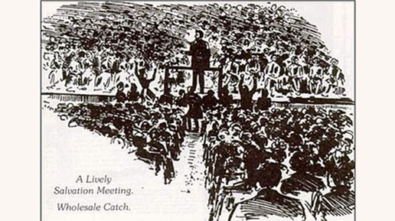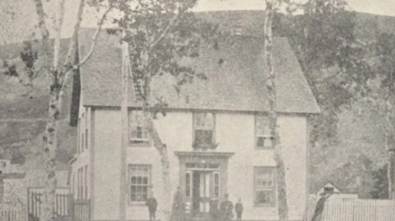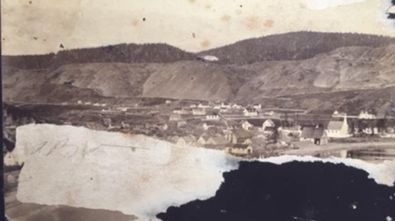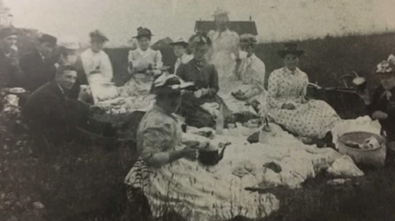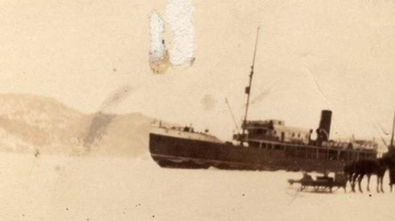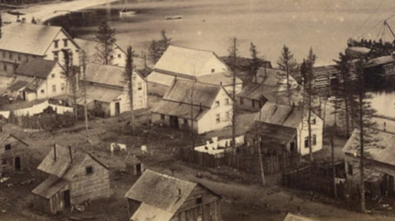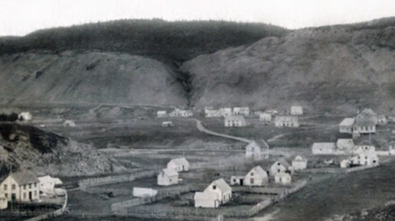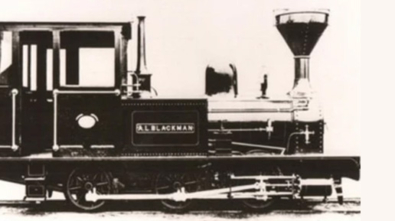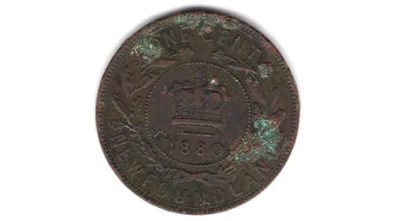1888 January 14 Two female Salvation Army officers - Lieutenant Lizzie Penny and Cadet Lizzie Howse arrive in Little Bay via the steamship Plover (Twillingate Sun, ...
1888
JanuaryLittle Bay had been quiet that holiday season - a point of pride for the town’s Temperance movement who eagerly solicited “signatures to a petition asking the Council and House of Assembly to write legislation with regard to the sale and manu ...
1887
January As the year 1887 opened the ban against alcohol came into effect (Twillingate Sun, January 1, 1887). Sergeant Wells hired spies to buy alcohol and report back to him on its sellers (Wells, 164). On January 22nd the cops busted up alcohol op ...
1886
January The year 1886 opened bleak as the fisheries were increasingly dismal and the mining operations had now been slowed for months. In a letter to the editor of the Twillingate Sun that January was written “We have just entered upon another New ...
1885
January The year 1885 opened with shipping problems caused by heavy ice. People on route were instead dropped as close as possible and left to walk the ice the rest of the way and freight being shipped to town was returned to St. John’s still onboa ...
1884
“In the valley between two hills on the south side is situated one of the most valuable copper mines in Newfoundland. A tramway extends from the mine to the wharf in Little Bay, and there is a road to the settlement at the head of Indian bight. A wh ...
1883
January The newly opened Little Bay Bazaar was doing well with profits being used to complete the RC church and to build a house for Father O’Flynn. The local custom involved Mr. Lynch leading the Little Bay Brass Band through town to the Hall in a ...
1882
1882 was a year of change, both for the town and the colony. Politics abounded and Little Bay was right in the middle of it. Newfoundland had its 15th general election in October and William Whiteway formed the government under the Conservative Par ...
1881
By 1881 Little Bay had “a well equipped laboratory and numerous stores for grain, hay, provisions and necessary mining stock large reservoirs capable of supplying any necessary amount of water” but, perhaps of greatest note, was the “ample wharfage ...
1880
In 1880 the copper boom peaked for Notre Dame Bay. This was the high-water mark but the decline would be slow across the rest of the 19th century, coming in fits and starts before puckering out in the early 1900s. But, these were still the boom yea ...

